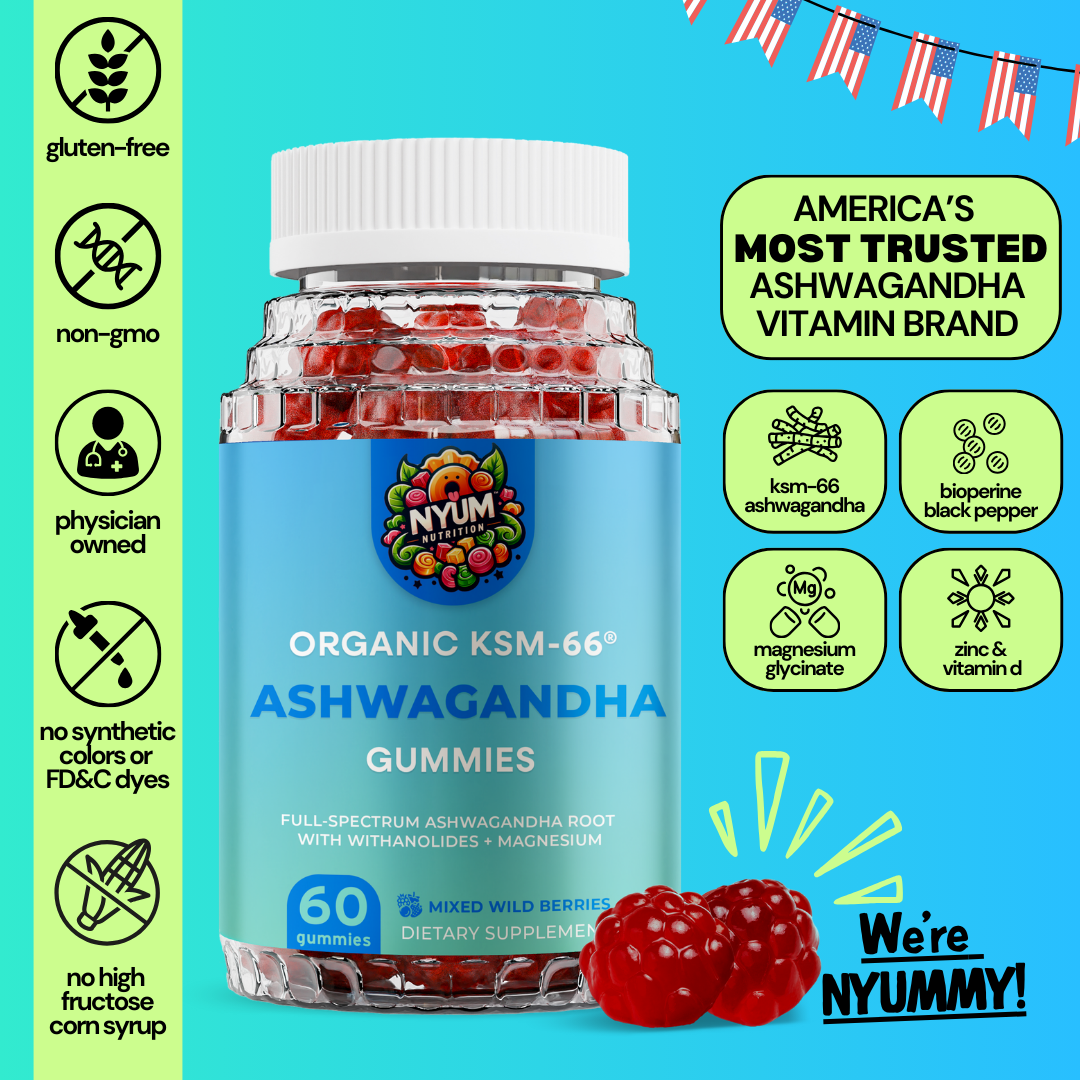The Drawbacks of Liquid Fucoidan: A Closer Look

In the diverse world of fucoidan supplements, encompassing pills, powders, and liquids, a pivotal question emerges: How does the form of fucoidan impact its efficacy? This inquiry, driven by discerning consumers, has led to a comprehensive examination of fucoidan's effectiveness. In-depth reviews of fucoidan studies indicate that the effectiveness of these supplements is influenced by several factors, including the source, extraction method, purity, bioactivity, and dosage. It becomes evident that if a fucoidan supplement is deficient in any of these aspects, especially in its form, it may not yield the anticipated results. This understanding is particularly relevant in the debate over liquid versus encapsulated fucoidan, leading to a compelling argument for the superiority of encapsulated fucoidan.
Building on the initial inquiry into the value and effectiveness of fucoidan supplements, a significant focus shifts to the absorption and bioavailability of liquid fucoidan. The cornerstone of any dietary supplement's success lies in how well the body can absorb and utilize its nutrients. Research points to the small intestines as the optimal site for fucoidan absorption, a process seemingly unaffected by the compound's molecular weight. Yet, the liquid form of fucoidan presents a notable challenge: the potential for only minimal absorption. This limitation raises concerns about the overall effectiveness of liquid fucoidan, suggesting that its efficacy might be compromised compared to other forms.

Fucoidan, in its most effective form, is too valuable to be compromised, which is why encapsulated powder supplements are considered superior to liquid fucoidan. Encasing fucoidan in an acid-resistant vegetable capsule significantly enhances its delivery to the small intestines. Such a process is crucial, aligning with research that indicates optimal absorption of fucoidan in the intestines, irrespective of its molecular weight. Encapsulation not only protects the integrity of fucoidan but also ensures its maximum efficacy. This makes powder form supplements a more reliable and effective choice compared to liquid fucoidan, offering consumers the full benefits of fucoidan with greater assurance of absorption and potency.
Absorption and Bioavailability Concerns
One of the primary concerns with liquid fucoidan is related to its absorption and bioavailability. The body's ability to absorb and utilize nutrients effectively is crucial for any dietary supplement. Studies suggest that fucoidan may be better absorbed in the small intestines, regardless of its molecular weight. However, in liquid form, there's a risk that only small amounts of fucoidan may be absorbed, potentially reducing its efficacy.
Stability and Shelf Life
The stability of a supplement is key to its efficacy. Liquid forms of supplements, including fucoidan, are often less stable than their dry counterparts. Factors such as exposure to light, variations in temperature, and air can lead to the degradation of active compounds in liquid fucoidan. This degradation not only diminishes the product's potency over time but also shortens its shelf life, making it less economical and reliable for long-term use.
Concentration and Dosage Control
Achieving and maintaining a consistent concentration of fucoidan in liquid form can be challenging. This inconsistency can lead to difficulties in dosage control, making it hard for users to know exactly how much fucoidan they are consuming with each serving. In contrast, powders and capsules can be precisely measured and standardized.
Risk of Contamination
Liquids are generally more susceptible to bacterial contamination than dry forms. This risk can be exacerbated by improper storage or handling, potentially leading to a compromised product that could pose health risks to the consumer.
Cost and Convenience
Liquid fucoidan can be more expensive to produce, transport, and store compared to powder or capsule forms. For individuals who travel frequently, carrying liquid supplements can be cumbersome, and they are subject to more stringent regulations, especially when flying.
Taste and Palatability
Liquid fucoidan might have taste and palatability issues. While liquid forms can be flavored to improve taste, this often involves adding sugars or artificial flavorings, which may not be desirable for all users, especially those with dietary restrictions or health concerns.
In wrapping up this insightful exploration into the world of fucoidan supplements, it's evident that the encapsulated powder form triumphs over its liquid counterpart. This conclusion isn't just a matter of preference but is deeply rooted in the science of absorption and bioavailability - key determinants of a supplement's effectiveness. Encapsulated fucoidan, specifically designed for optimal delivery to the small intestines, addresses the critical shortcomings of liquid forms. By ensuring efficient absorption, encapsulated fucoidan emerges as the superior choice, offering consumers the full potency of its health benefits. This revelation not only empowers consumers with the knowledge to make informed decisions but also highlights the importance of choosing the right form of supplements for enhanced health and well-being. As we navigate the diverse supplement market, understanding the nuances of fucoidan forms becomes crucial in selecting a product that truly delivers on its promises.






